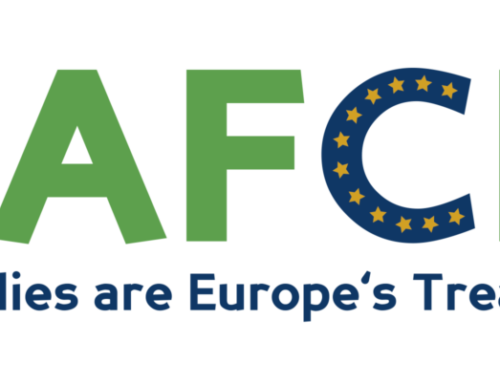19 August 2022,
Since August 2nd, all EU Member States must transpose the 2019 Work-Life Balance Directive in their national legislations, which introduces new standards for the work-life balance of carers with parental leaves and flexible working arrangements:
- 4 months of parental leave are allowed for each parent, 2 of which are paid and non-transferable;
- Working fathers are granted at least 10 working days of paternity leave around the birth of their child, which must be compensated at least at the level of sick pay;
- All carers who take care of a relative or a person living in the same household are allowed to get at least 5 working days of leaves per year;
- Carers and parents with children up to at least 8 years old have the right to request reduced working hours, flexible working hours and flexibility of the workplace.
FAFCE welcomes the positive signal sent by the European Union regarding its concern for the work-life balance of parents and carers, who should always be given the opportunity to reconcile their working time with their family life, in order to better provide education and care and therefore build families which can participate actively to the life of our communities.
Our Federation recalls that these new EU rights are only a minimum, and encourages EU Member-States to go beyond the Directive, and increase the accessibility to leaves, their duration and the level of income’s replacement for parents and carers.
More about FAFCE work for a better work-life balance in Europe:
- The European Parliament recalls the heavy work of caregivers during the pandemic and their risk to poverty
- FAFCE addresses the motherhood and parental pay gap in a public consultation on pay transparency measures
- FAFCE Webinar on “Family work-life balance in times of changes” calls to invest in families and equal opportunities for parents
- Family and teleworking: FAFCE stresses the commitment and struggles of parents
- Challenges of pregnancy and motherhood in the workplace
- European Parliament recognises the importance of the family in Employment and social policies







